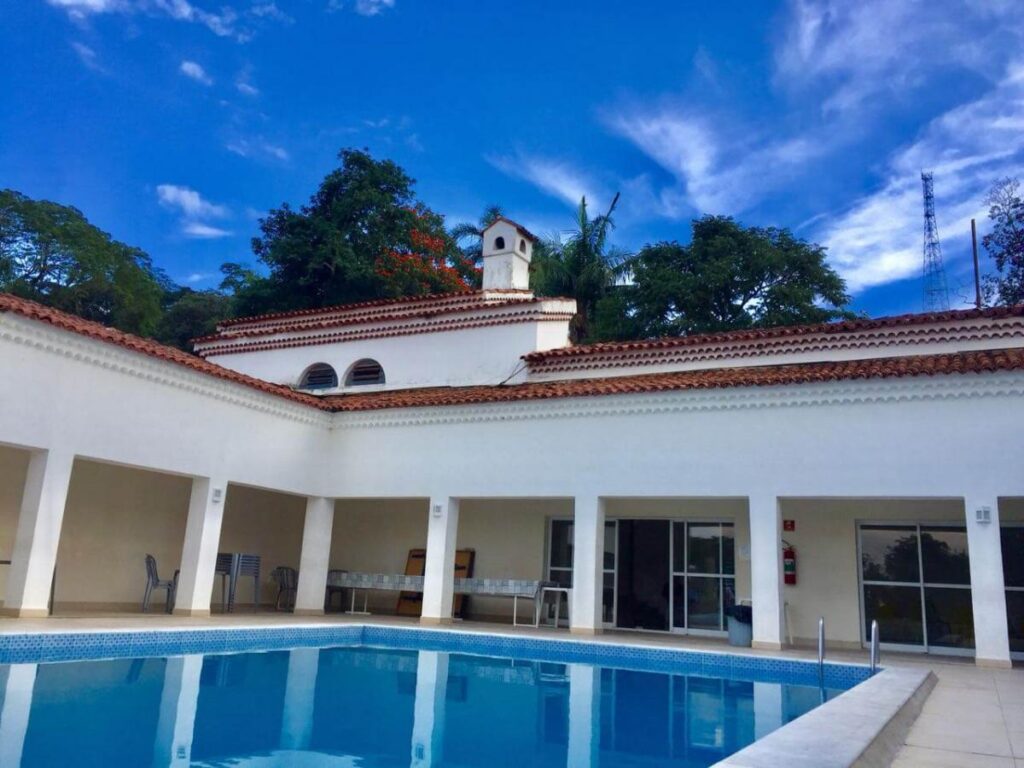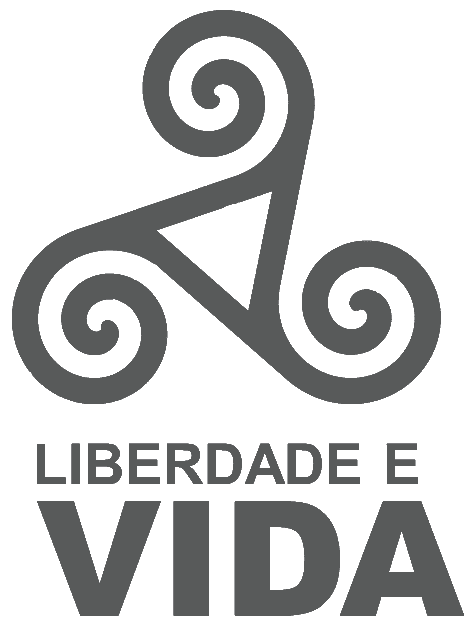-
Índice Liberdade e Vida Clínica de Recuperação

The Benefits of Involuntary Internment for Addiction Recovery at Ibiúna Clinic in SP
The decision to seek help for addiction can be a difficult one, especially when the individual is resistant to treatment. In such cases, involuntary internment can be a viable option for recovery. The Ibiúna Clinic in São Paulo offers a comprehensive program that combines professional medical care with a supportive environment, providing individuals with the tools they need to overcome addiction and regain control of their lives.
One of the key benefits of involuntary internment at the Ibiúna Clinic is the structured and controlled environment it provides. Addiction is a complex disease that often requires intensive treatment and monitoring. By being in a controlled environment, individuals are removed from the triggers and temptations that may have contributed to their addiction in the first place. This allows them to focus solely on their recovery without distractions or negative influences.
Another advantage of involuntary internment is the access to a team of highly trained and experienced professionals. The Ibiúna Clinic employs a multidisciplinary approach to addiction treatment, with a team that includes doctors, psychologists, therapists, and nurses. This team works together to develop personalized treatment plans that address the unique needs and challenges of each individual. With their expertise and support, individuals can receive the necessary medical care, therapy, and counseling to overcome their addiction.
Involuntary internment also provides individuals with a sense of community and support. Addiction can be an isolating experience, causing individuals to withdraw from their loved ones and social circles. At the Ibiúna Clinic, individuals have the opportunity to connect with others who are going through similar struggles. This sense of community can be incredibly powerful, as it allows individuals to share their experiences, offer support, and learn from one another. It also provides a safe and judgment-free space where individuals can openly discuss their challenges and receive encouragement.
Furthermore, involuntary internment at the Ibiúna Clinic offers individuals the opportunity to learn and develop essential life skills.
Regaining Freedom and Embracing Life: How Involuntary Internment at Ibiúna Clinic in SP Can Help
Regaining Freedom and Embracing Life: How Involuntary Internment at Ibiúna Clinic in SP Can Help
Are you or someone you know struggling with addiction? Do you feel like your life is spiraling out of control, and you’re desperate for a solution? Look no further than the Ibiúna Clinic in São Paulo, Brazil. With its specialized programs and dedicated staff, this clinic offers a unique approach to recovery through involuntary internment.
Involuntary internment may seem like a drastic measure, but for many individuals, it is the only way to break free from the chains of addiction. When someone is unable or unwilling to seek help on their own, their loved ones can step in and make the difficult decision to have them interned. This decision is not made lightly, but it is often necessary to save a person’s life.
At the Ibiúna Clinic, the focus is on providing a safe and supportive environment for individuals to heal and recover. The staff is highly trained and experienced in dealing with addiction and mental health issues, ensuring that each patient receives the care and attention they need. From detoxification to therapy and aftercare, every step of the recovery process is carefully planned and executed.
One of the key benefits of involuntary internment is the removal of external triggers and temptations. By being in a controlled environment, individuals are shielded from the people, places, and situations that may have contributed to their addiction. This allows them to focus solely on their recovery without distractions or temptations.
In addition to removing external triggers, involuntary internment also provides individuals with a structured routine. This routine includes therapy sessions, group activities, and educational programs, all designed to help patients understand the root causes of their addiction and develop healthy coping mechanisms. By following a structured routine, individuals can regain a sense of control and stability in their lives.
Another advantage of









